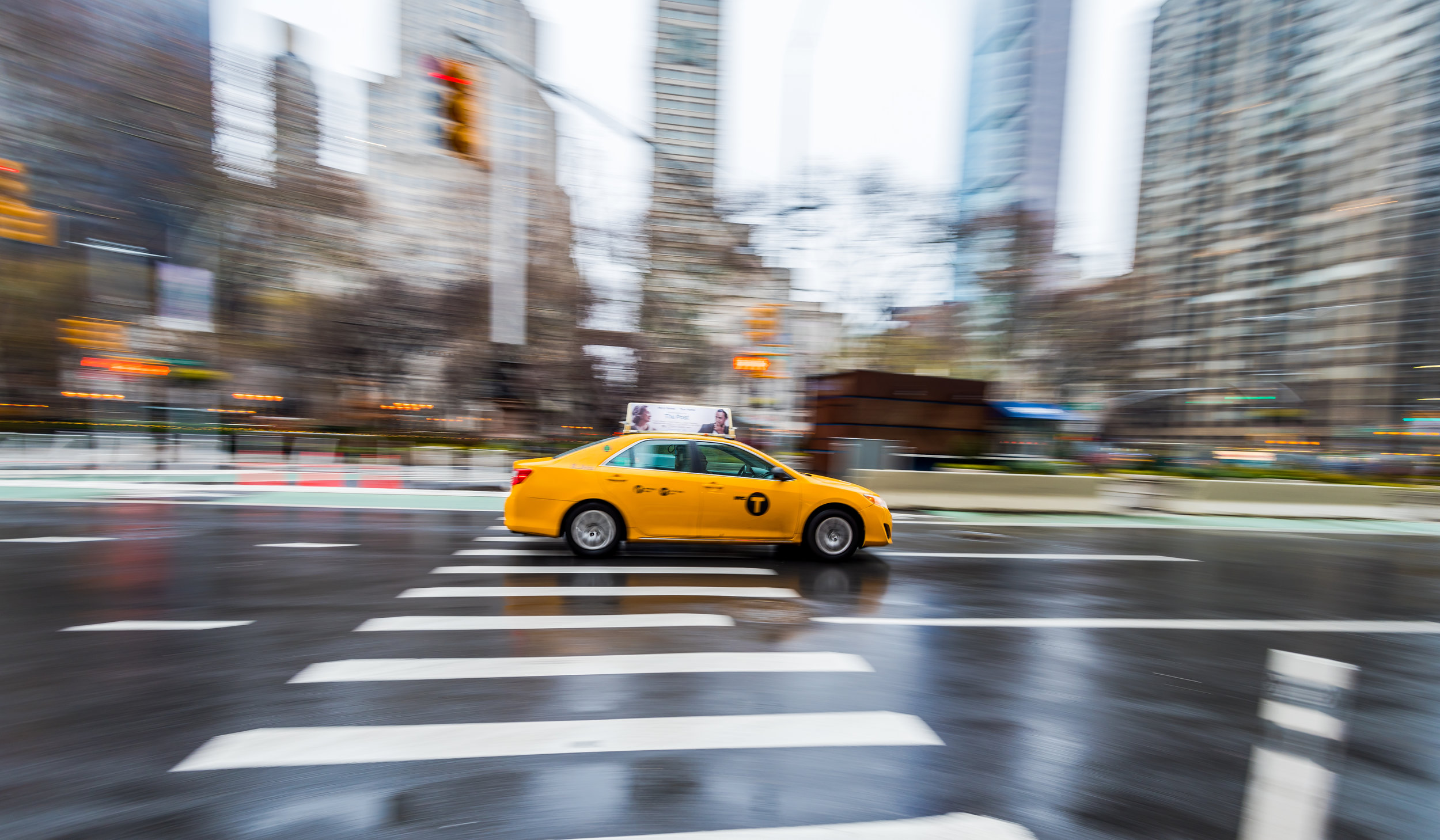I must admit that traveling and blogging do not go together and specially if you are traveling into remote areas where Wi-Fi is not readily available. Last couple of months, I was traveling into different places (of Nepal) and realized that not having internet all the time or not updating your social media in every hour or even not having to worry about writing anything removes a lot of pressure from your shoulder and helps you to relax and be more creative. It was a good escape for a couple of months and enjoyed every moment of it. While traveling, few thoughts came into my mind about blogging and how I can incorporate those beautiful landscapes of the himalayan nation but later I chose to stay away from it and enjoy the free moment I had. Sometimes, writing a blog can put lots of pressure and specially when you are running out of the times and topics. First, you have to think about the blog post and then explain it nicely so that you can deliver the message you are trying to deliver to your readers. During the process, you might have to include some visuals (photos, graphs or videos) and that would be an extra work on top of the writing part as well. It's a fun thing to do but surely a time consuming process as well and, if you have another full time job, it becomes very difficult to manage time for the blog regularly. It sounds like an excuse for not being regular on blogging but this is the truth which I learned from my own experience; hard to do full time job and be regular on blogging. Please accept my sincere apology for not being as regular as I wanted to be.
If you were following my blog in last few months, I mentioned about upgrading my Nikon D700 to either D750 or D810. I also mentioned that I was leaning towards D810 for few reasons which I would tell once I get the camera. And the moment is here; I sold my D700 and got the Nikon D810 last month. The main reason I went with D810 and not D750 was same look, feel and control as my trusted D700 even though some believe that D750 has a better dynamic range being newer model than D810 which may be true but I am very happy with D810's capability on every aspect of photography so far. I loved my D700 and the only reason to upgrade was to get little more pixel for cropping and get better dynamic range with the Nikon's newer EXPEED 4 sensor.
SuperMoon (click the image to view full size)
It's been few weeks I am playing with the D810 and I am very happy with my upgrade decision so far. I will be uploading more pictures in coming days but here is the super-moon shot I tried on December 3, Sunday. Please stay tuned and keep guiding me through my mistakes. Happy Shooting!








